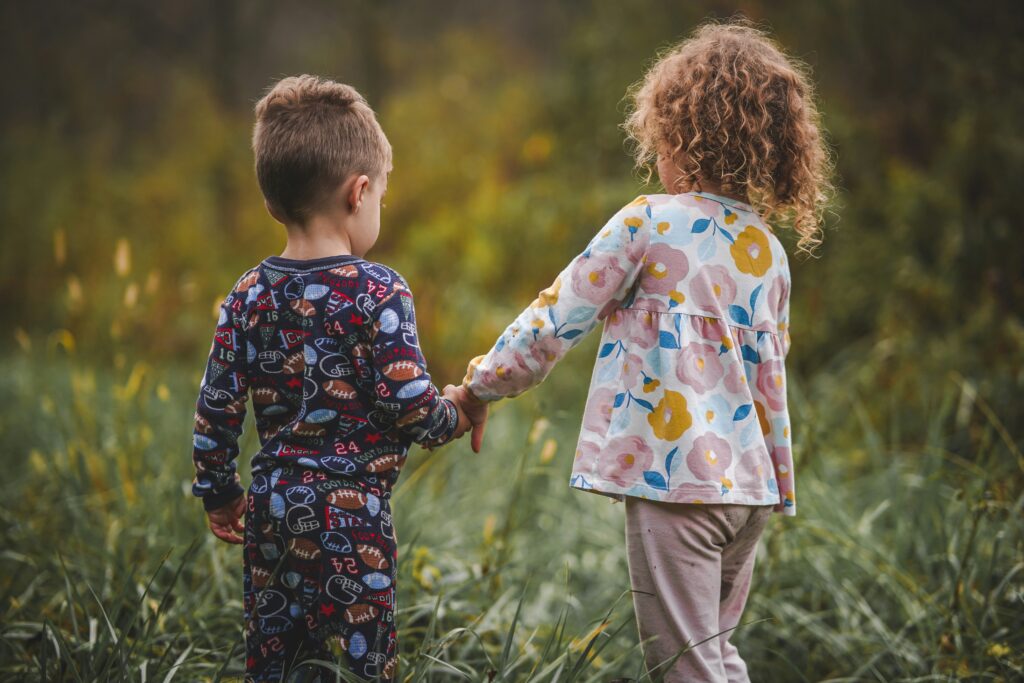EECERA Conference 2025 – Guest Blog # 36: Born socialisers
Posted 24th August 2025
One of a series of short blog posts by presenters who will be sharing their work at the upcoming annual conference in Bratislava, Slovakia. Any views expressed in this post are those of the author(s) and do not necessarily reflect the official stance of their affiliated institution or EECERA.
Born socialisers: toddlers’ navigating all-aged friendships in ECEC settings
By Yuru (Sarah) Ji, University of Canterbury, New Zealand

Across today’s ECEC systems, an “age paradox” (White, 2019) places toddlers at the crossroad of two competing views. On one side, developmental thinking stresses discrete age groupings; on the other, more generic approaches foreground children’s social experiences beyond fixed age parameters. This leads toddlers to encounter different peer-group experiences, as seen in New Zealand ECEC centres that cater for either mixed-age (0-5) (MA) or single-age (under 2 and over 2) (SA) groups.
From a phenomenological standpoint, Løkken (2000) observed that toddlers develop distinct behavioural and linguistic patterns as they engage with their peers. It indicates that toddlers actively engage in the peer social environment, revealing how they navigate, interpret and respond to the expectations and cues of those around them. Such observations highlight that early social development is grounded in lived experience and relational contexts.
Viewed through Bakhtin’s (1987) lens of dialogism, these behaviours can be understood as emerging speech genres, context-shaped ways of interacting that reflect toddlers’ shifting styles of expression. These patterns are characterised by variations in language forms, demonstrating that even very young children adapt their communication styles according to social contexts based on varied peer cultures, and are ready to shape shared meaning. These genres are not fixed but fluid and responsive, showing how toddlers continuously adjust their language in relation to their peers’ reactions and situated contexts. The perspective underscores that toddlers are active contributors to shared social worlds rather than echoing the acts of more sophisticated others, such as older peers and teachers.
Traditional views of toddlers’ social life often portray them as dependent on significant others for social and emotional learning, or as more active in tandem relationships. However, recent research is shifting these perspectives. Rather than being passive participants, toddlers are emerging as born socialisers – active contributors, who co-shape their social environment with peers reciprocally through dialogue and interaction. Evidence from Aotearoa New Zealand highlights how this plays out across two types of settings: MA and SA groups. Toddlers in these environments display distinct social orientations, adjusting their styles of interactions strategically to express themselves and achieve their social goals. They learn to navigate complex peer cultures, form their behaviours, and take an active role in shaping the flow of interaction.
Seen in the light, toddlers are not simply recipients of knowledge or guidance from more sophisticated others. They are constructors of their own social environments, continually shaping and reshaping their relationships in a dynamic and meaningful way. The recognition challenges us to rethink how we understand toddlers’ capacities and the role of peer culture in ECEC.
Bakhtin, M. M. (1987). The problem of speech genres. In C. Emerson & M. Holquis (Eds.), Speech genres and other late essays (pp. 42). University of Texas Press. (Reprinted from 1)
Løkken, G. (2000). Tracing the social style of toddler peers. Scandinavian Journal of Educational Research, 44(2), 163-176. https://doi.org/10.1080/713696668
White, E. J. (2019). The paradox of age for the infants and toddlers of Te Whāriki. In A. C. Gunn & J. Nuttall (Eds.), Weaving te Whāriki : Aotearoa New Zealand’s early childhood curriculum framework in theory and practice (3 ed.). https://www.nzcer.org.nz/nzcerpress/weaving-te-whariki_3rd
Yuru (Sarah) Ji will present work referred to in this blog in Symposium Set C17 | Wednesday 27th August 2025 (Schedule liable to change; please refer to final programme for details).
